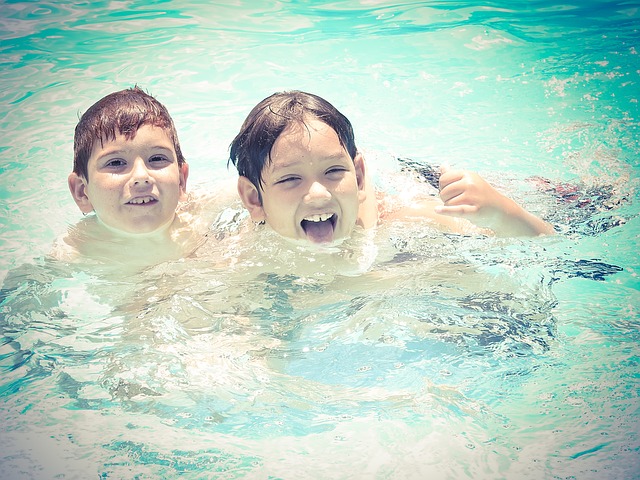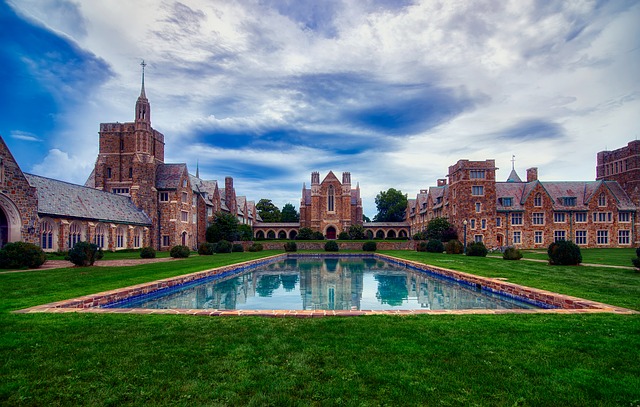It is probably obvious that to swim safely in a garden pool, you need to use special products to keep the water free of bacteria and algae. These are chemicals, usually in pill form. The main variations are chlorine, oxygen, and salt. Well-treated water is essential to avoid getting an upset stomach, eczema, or other skin diseases after swimming. But chemicals are not the only way to keep pool water clean. There are also vacuum cleaners that can greatly improve water quality.
If you want a really clean pool, a vacuum cleaner is essential. This is not the kind of water-substitute that we use at home to clean our carpets, but rather a device that shares its name and a few basic functions with a regular vacuum cleaner. It is used to clean floors and walls, which is extremely important. This is very important because the dirt that adheres to the joints is a breeding ground for bacteria. Once they are removed, there is no need to use as many chemicals as before. This is not only economical, but also healthy. Although pool chemicals are usually harmless, they can cause problems when concentrations become too high.
Distribution
.
The basic classification of pool cleaners is very simple. They can be divided into manual, semi-automatic, and automatic types. Manual types are probably the most widely used due to their low price. However, they require a sand filter to use. Semi-automatic and automatic types are already a bit more expensive. The automatic type is even more expensive. But for an extra fee, you don\’t have to worry about cleaning them at all. In fact, automatic pool cleanerswork virtually independently. This is especially appreciated if you have a large pool and cleaning the walls and bottom is very difficult with the manual type.